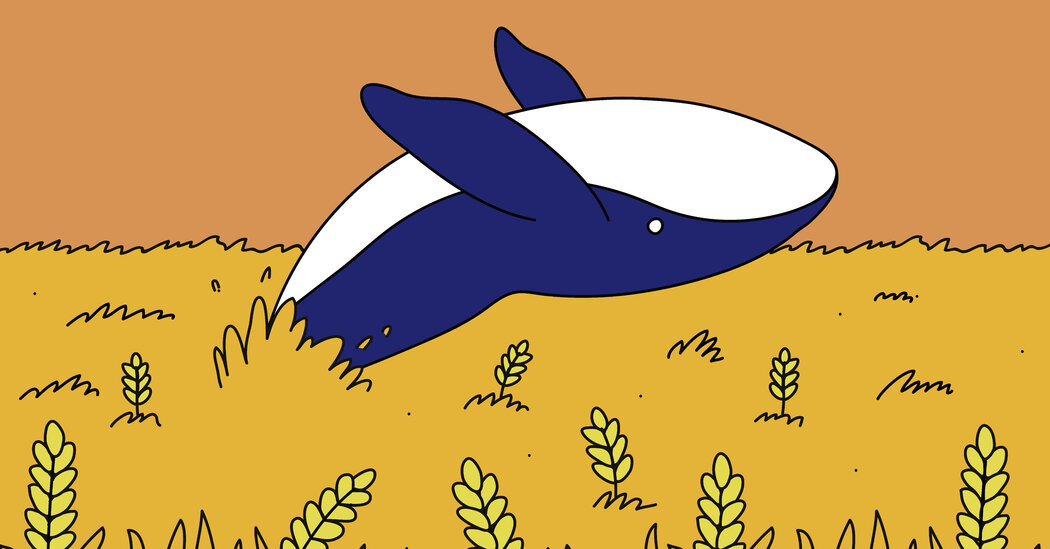
Still, it’s undeniable that retail investors played a role.
Amateur investors, many of whom embraced trading during the pandemic, have emerged as a force in the markets. Many of them gather on Reddit message boards to discuss trading tips and strategies. Early last month, the Teucrium wheat E.T.F. became a trending topic.
On March 7, a Reddit user with the handle “quarantrader” suggested that the E.T.F.’s price, which that day would reach its peak, could go much higher. The author of the post argued that the conflict in Ukraine would keep global wheat prices high for a long time. “I wouldn’t be surprised if we hit at least $20. If you told me $40 by July I wouldn’t even blink.”
The next day, another user, TerabyteFury, observed that “Wheat,” as a whole, was “trading at all time high prices, and is experiencing a large amount of retail volume from people like us.”
Whether or not a surge of retail money into the Teucrium E.T.F. caused the Chicago contracts to lock up, there’s no doubt that the E.T.F.’s popularity has soared. On March 9, the S.E.C. gave Teucrium permission to create more shares. It is now authorized to add an indefinite number without first seeking the S.E.C.’s blessing.
The run-up in futures prices on the Chicago Mercantile Exchange stopped after wheat prices began falling in other regions. But the daily trading volume for the Teucrium E.T.F. since the price spike has oscillated between a high of just under 10 million shares on March 17 and a low of under two million on Monday.
Andrey Sizov, a grain analyst based in Spain, said in an interview that the Teucrium buying frenzy was merely one element of a much bigger picture — one where speculative investors, like hedge funds, that had placed bets that wheat prices would fall were caught off-guard by the war and scrambled to buy new futures contracts to minimize their losses.
But Mr. Sizov added that the fireworks in early March served a useful purpose. Much of the bad news that could emerge in the next few months about Ukraine’s ability to export wheat is probably already accounted for in wheat prices, he said. What’s more, the initial spike in prices has led the United States and other governments to begin planning for how to accommodate what is likely to be a sharp drop in the supply of wheat coming from Ukraine this year.
“It’s not really that bad as it could look like if you only read the headlines,” Mr. Sizov said.




